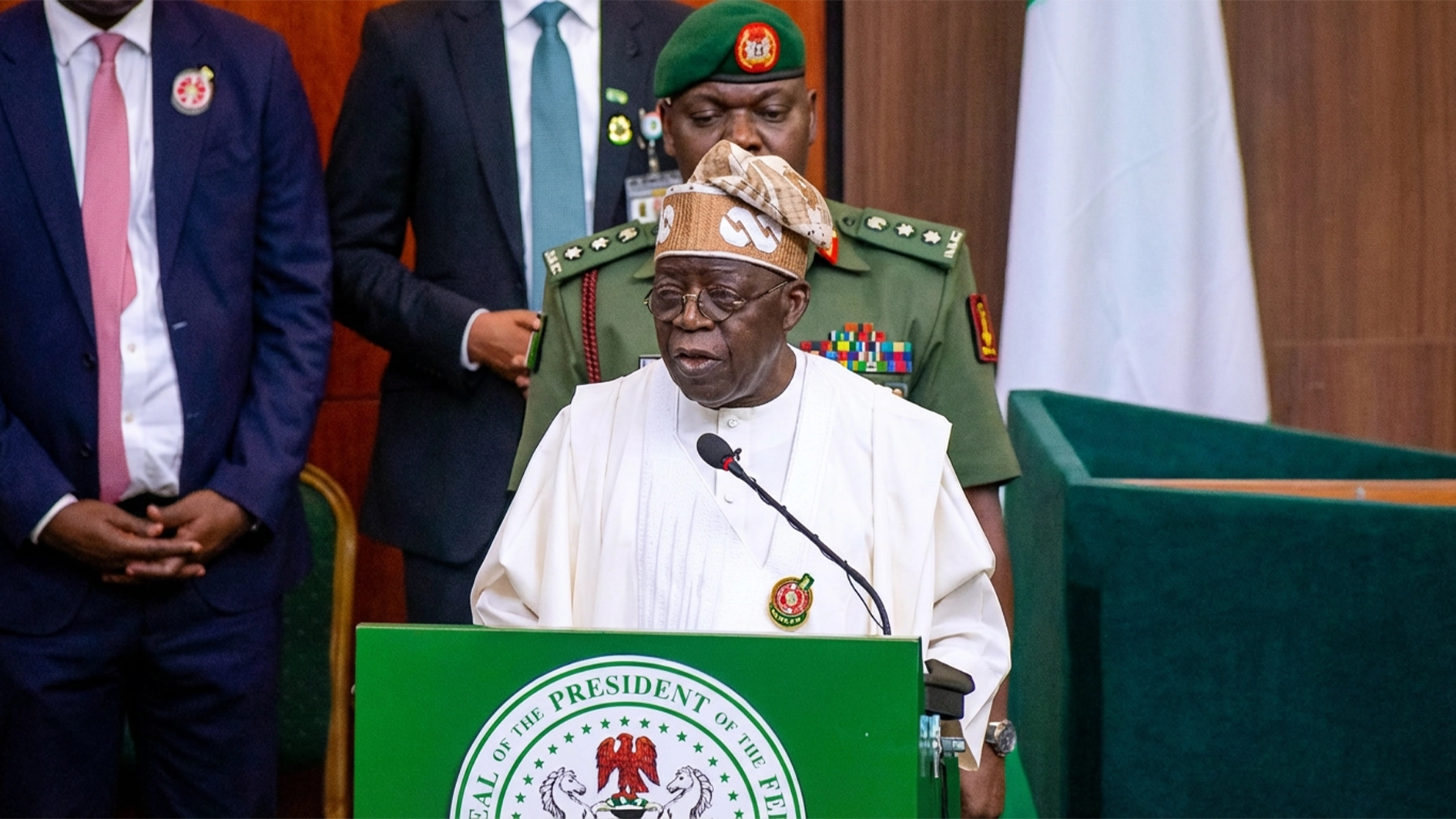Nigeria is set to roll out its Digital Public Infrastructure (DPI) framework in early 2026, with the first phase of implementation projected to begin in the first quarter of the year.
The plan was unveiled in Abuja on Thursday at a two-day technical workshop of the Nigeria Governors’ Forum (NGF) Engagement on the Public Review of the Draft DPI Life Events Framework and the Draft Technical Standard for the Nigerian Data Exchange (NGDX), organized by the National Information Technology Development Agency (NITDA).
NITDA said the review marks a critical step toward building a trusted and functional ecosystem where government, businesses, and citizens can interact seamlessly in the digital space.
The framework will serve as the backbone of Nigeria’s e-Government system, enabling efficient service delivery and creating an enabling environment for innovation.
Director of e-Government and Digital Economy at NITDA, Salisu Kaka, explained that the agency adopted a co-creation approach to ensure that the process captures stakeholder concerns and lays a solid foundation for implementation.
He stressed that trust, interoperability, and security are central to the DPI journey, as these factors will determine citizen confidence in using government digital services.
He added that the framework is designed to reflect Nigeria’s federal structure, with a national data exchange system at the apex and state-level models replicating it to guarantee both alignment and autonomy.
“We are laying the foundation with the right regulation, framework, and guidelines,” Kaka said. “This process is co-created with stakeholders to ensure that what we roll out reflects the needs and expectations of Nigerians.
“What is central is the data exchange — how to get the design right, how to guarantee privacy, how to ensure interoperability and security. These are the cardinal things that make citizens trust government digital services.”
Kaka disclosed that the agency is on track to complete the Extents platform — the only missing piece — by the end of 2025, paving the way for rollout in early 2026.
“From the design, all things being equal, we should start dropping our use cases by the first quarter of next year,” he assured.
Other stakeholders emphasized the need for inclusivity, connectivity, and strong data protection in the national digital transformation drive.
Director of Space Regulation and Spectrum Management at NASRDA, Engr. Aiyeola Yomi, said satellite communications will play a crucial role in ensuring no community is left behind.
“Satellite brings service ubiquity. Without it, remote areas will remain excluded from the benefits of DPI,” he said.
Deputy General Manager of Innovation at NIGCOMSAT, Engr. Ikechukwu Amalu, described satellites as Nigeria’s hidden advantage in bridging digital divides. He highlighted the ongoing “7-7 project,” which is providing connectivity to 774 local government headquarters nationwide, and said satellite coverage ensures no part of Nigeria is left out of DPI implementation.
In his goodwill message, National Commissioner of the Nigeria Data Protection Commission (NDPC), Dr. Vincent Olatunji, represented by Director of Finance and Human Resources, Ibitayo Olufemi, commended NITDA’s foresight. He stressed that the success of DPI depends on building trust through strong data governance.
“Digital Public Infrastructure is the foundation for efficient e-government, secure payments, and trusted data exchange. But its success hinges on one factor: trust, anchored in strong data privacy and protection,” Olufemi said, reminding participants that the Nigeria Data Protection Act 2023 provides clear rights for data subjects and obligations for data controllers and processors.






